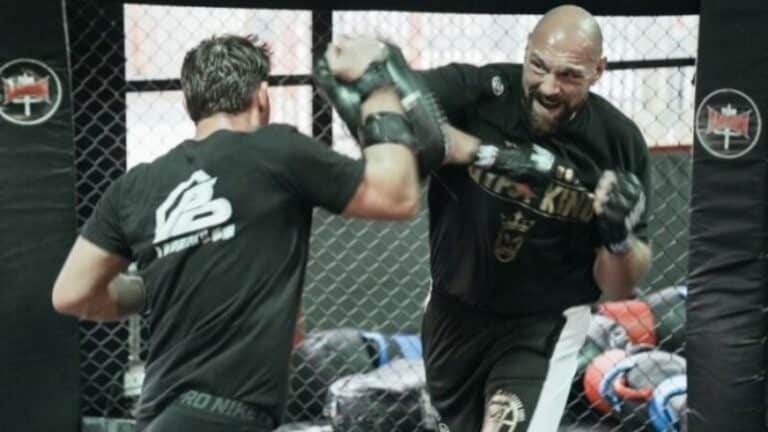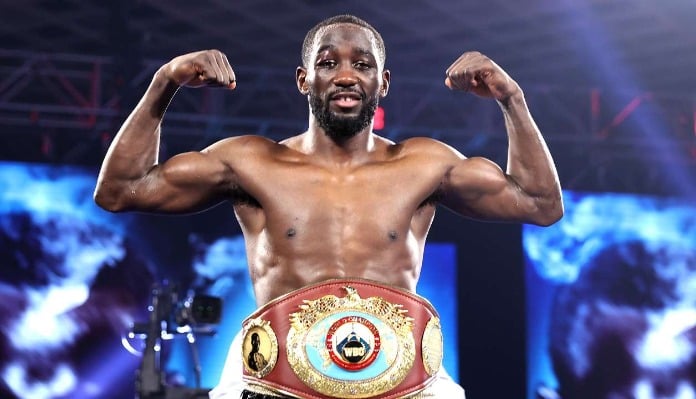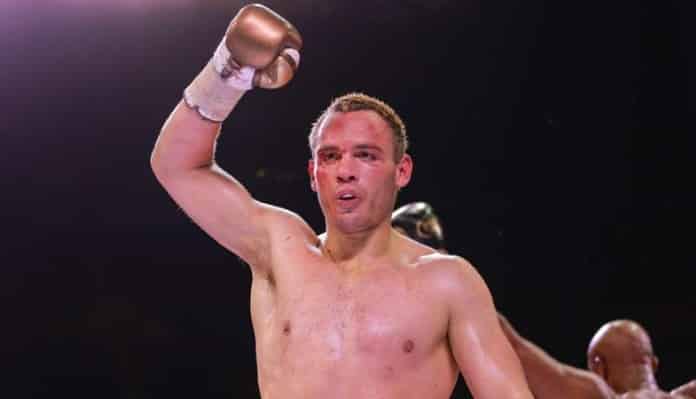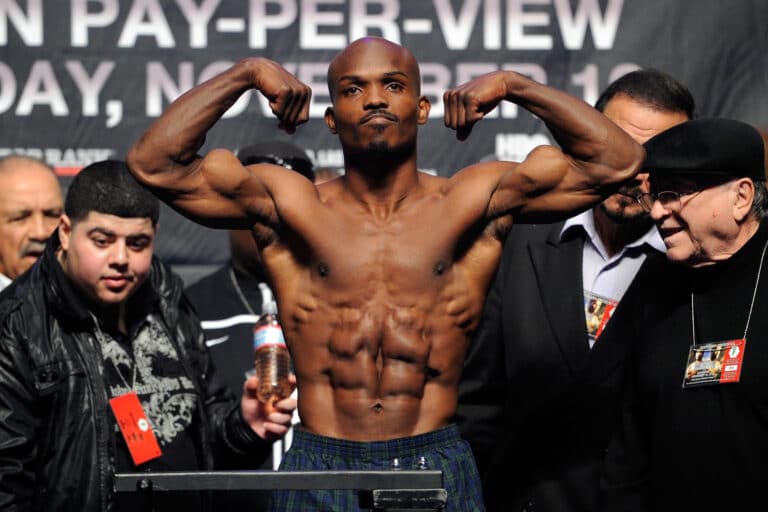Why ‘The Rumble In The Jungle’ Is So Memorable
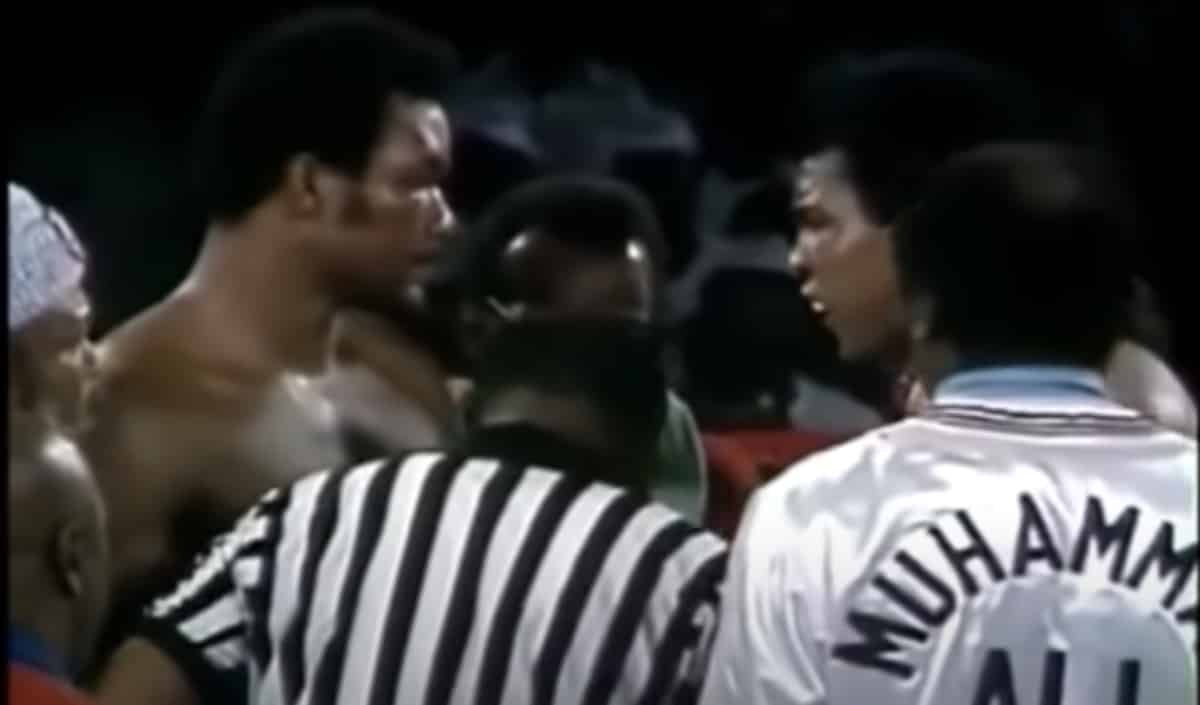
Kinshasa, Zaire – October 30, 1974 – Muhammad Ali lifts the heavyweight championship, defeating the previously undefeated George Foreman, courtesy of an eighth round KO. And any boxing aficionado, worth their proverbial salt – either pre or post-event, recognises this iconic showdown in west Africa as one of the most memorable, cardinal, and important spectacles in the sport’s great history.
The subject of countless retrospectives over the years, this cultural behemoth between Ali and Foreman has continued to dominate headlines, screens, and pages in the 48 years since.
Christened as ‘The Rumble in the Jungle’ – the gargantuan pageant would attract significant fan and media presence and coverage, with an almost fully fledged music festival organized pre-fight – sporting the talents of James Brown, Bill Withers, B.B. King, and The Crusaders to name a few in order to garner resounding fan appeal and hype for the historic event.
Documented in the years since, Academy Award-winning screenplay, When We Were Kings highlights the events leading up to the fight between Hall of Fame features, the late Ali, and Foreman – with the duo credited with really capturing the attention of the current generation. And most certainly, generations gone by.
A truly memorable exchange in the matchup – which has since been inducted into a list of events that truly stopped the world by Betway Insider with over 1BN viewers, a staggering 25% of the global population. Ali parked himself in the corner, by the ropes of the squared circle, electing to allow Foreman pound away at his midsection – employing a now famed ‘rope-a-dope’ technique – displaying breath-taking head movement as Foreman failed to repeatedly land a series of winging strikes upstairs. Ali was poetry in motion.
In the eighth round, leading the fight on all three judges’ scorecards, Ali pounced with a brutal, lengthy combination, leading the then undefeated, Foreman onto a right hand straight – dropping the latter to the canvas, with Zack Clayton jumping to Foreman’s rescue. Ali had minted himself as the heavyweight champion, taking Foreman’s undefeated record – and ordained himself into the annals of boxing forever.
Instantly connecting with the Zaire natives – now modern-day Democratic Republic of Congo, Ali was showered with cries of “Ali boma ye”, translating to “Ali kill him” upon his arrival in Africa – with the sporting event heralded worldwide by avid fans or newcomers as one of the most distinctive and important in global history. Ali also famously explained how he had intended to link with and make relationships with the African continent as well as American blacks – resulting in an instant connection between himself and the hometown followers.
Seven years prior to the event, however, Ali was accused of draft-dodging during the Vietnam war, with his boxing license revoked by commissions, while his heavyweight championship was also stripped. And his re-emergence into the spotlight of the sports’ elite in the years since has been presaged as a credit to the late Kentucky favorite’s determination and sheer will to return to the sport’s pantheon.
Revered as one of the greatest boxers of all time and heralded as the greatest heavyweight puncher of his generation, the late Ali’s stature in the sport – alongside Foreman during a period where the division ruled the sports’ roost, can’t help but become amplified by the memorable clash in a sweltering Zaire bask.

